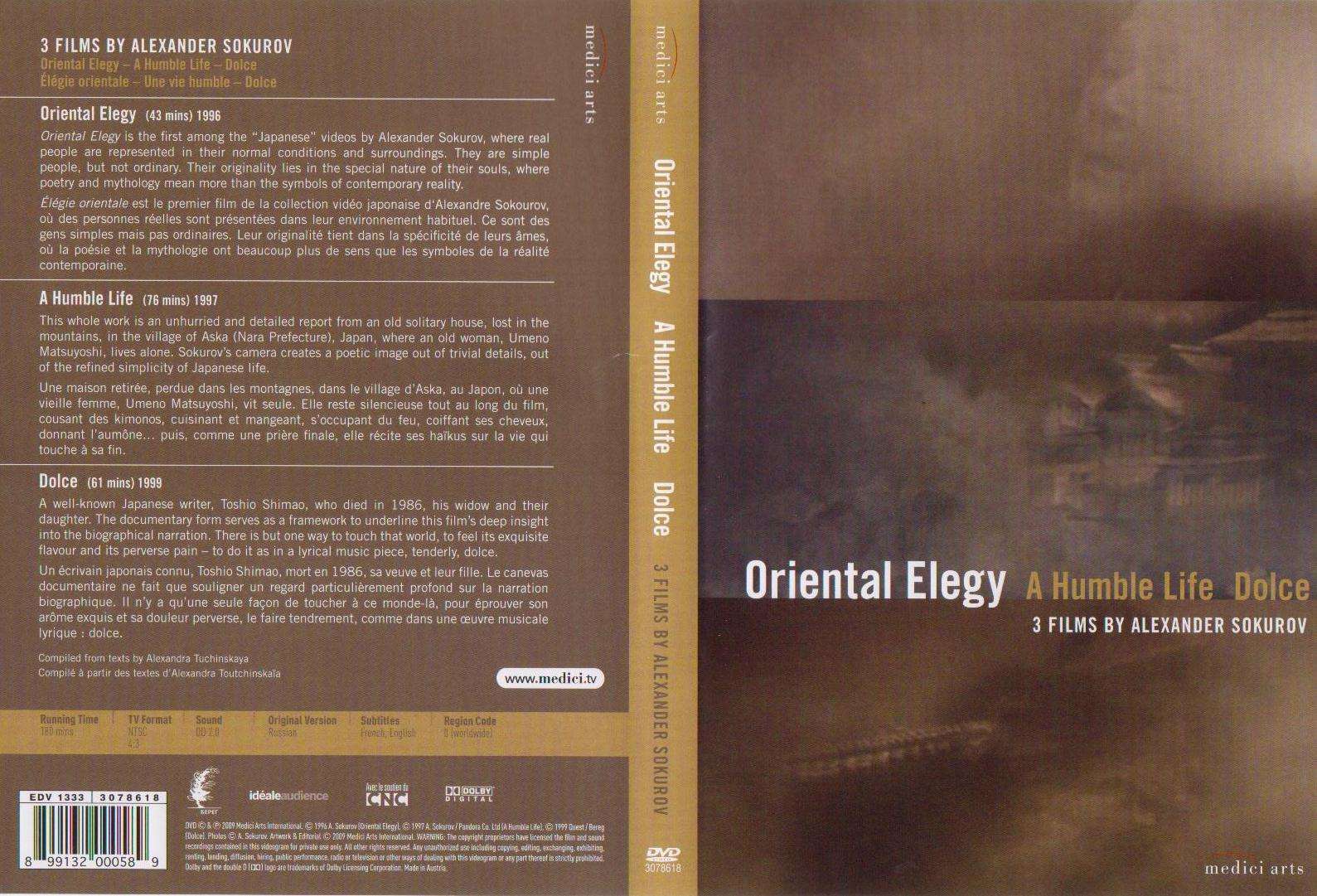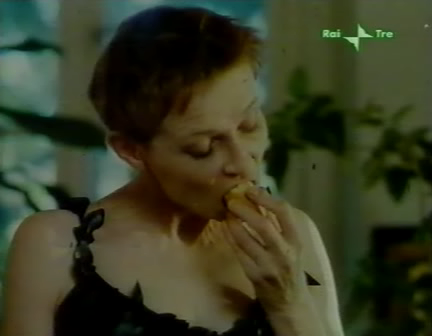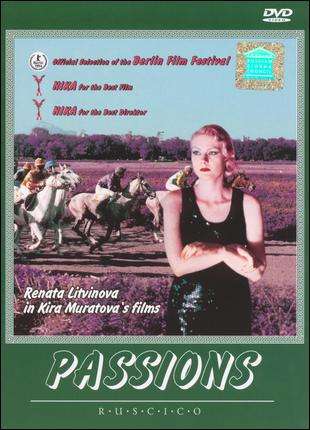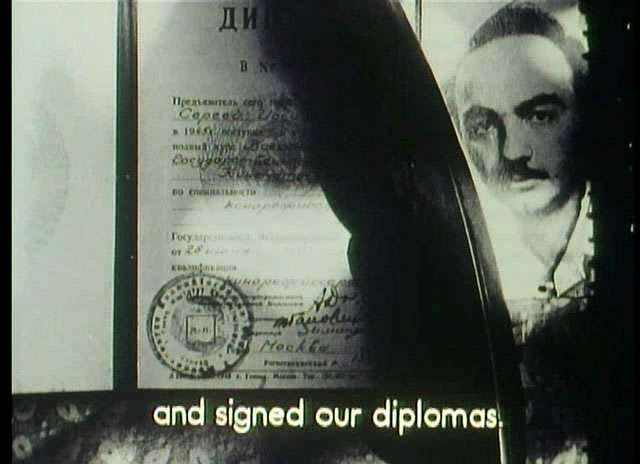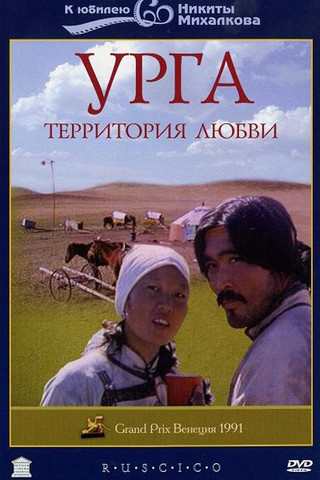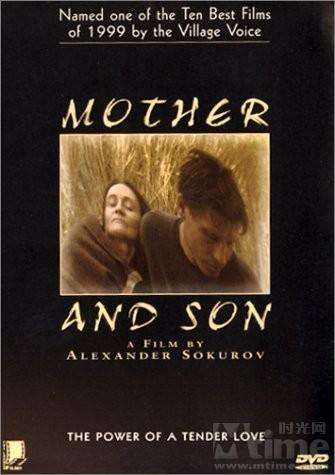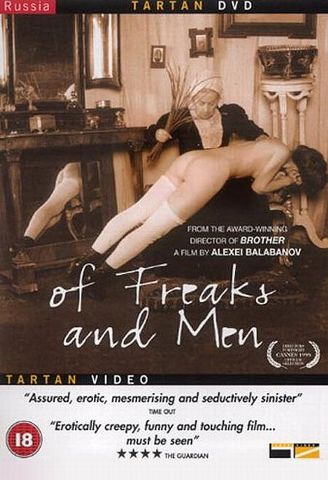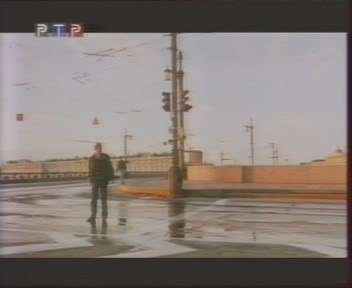
Quote:
Wednesday, July 19, 1961: it’s summertime and the newspapers are full of the usual articles. The world is comfortably embedded in the Cold War. An average day in Leningrad. 51 girls and 50 boys are born in Leningrad on this day.
One of them is Victor Kossakovsky. Why here and not somewhere else? Why then and not another time? These questions are the starting point for his film. Could it be that this child was mistaken for another in hospital? Who are all the people who began their lives on that same day? Do they somehow share the same fate or are they merely contemporaries?


